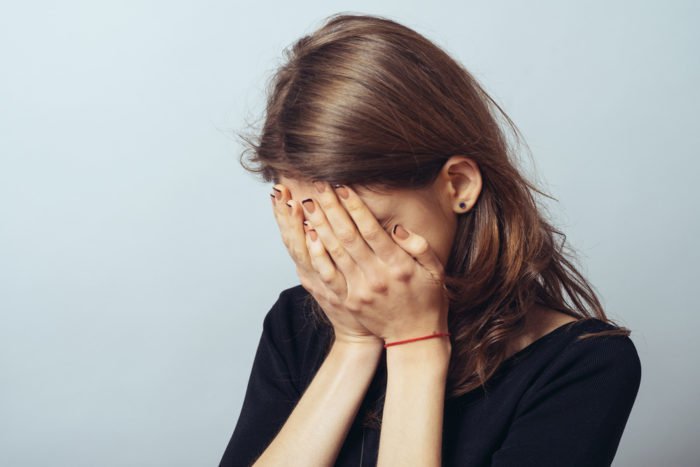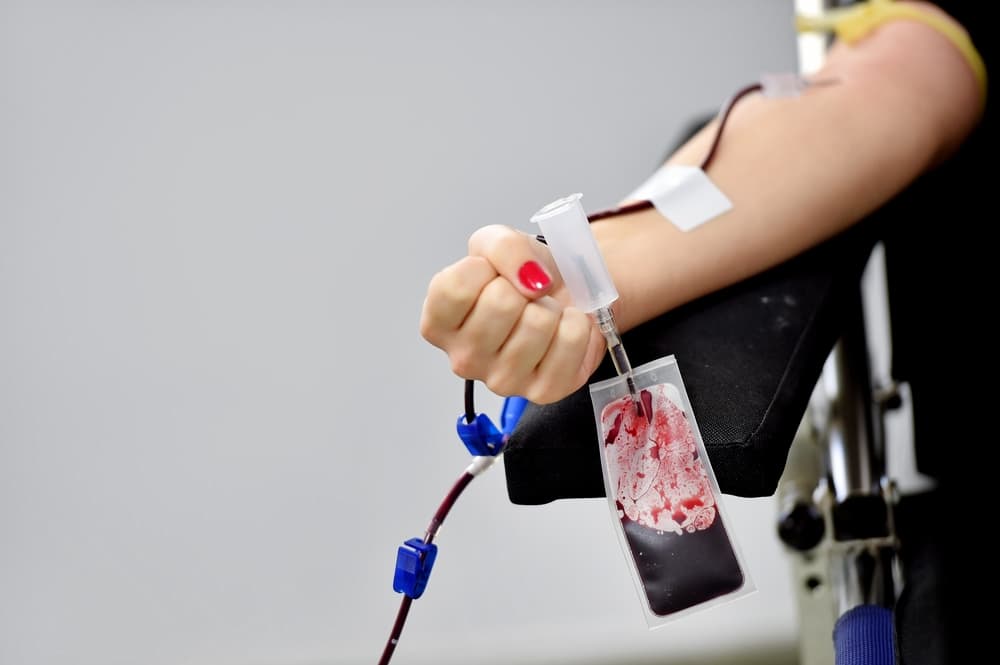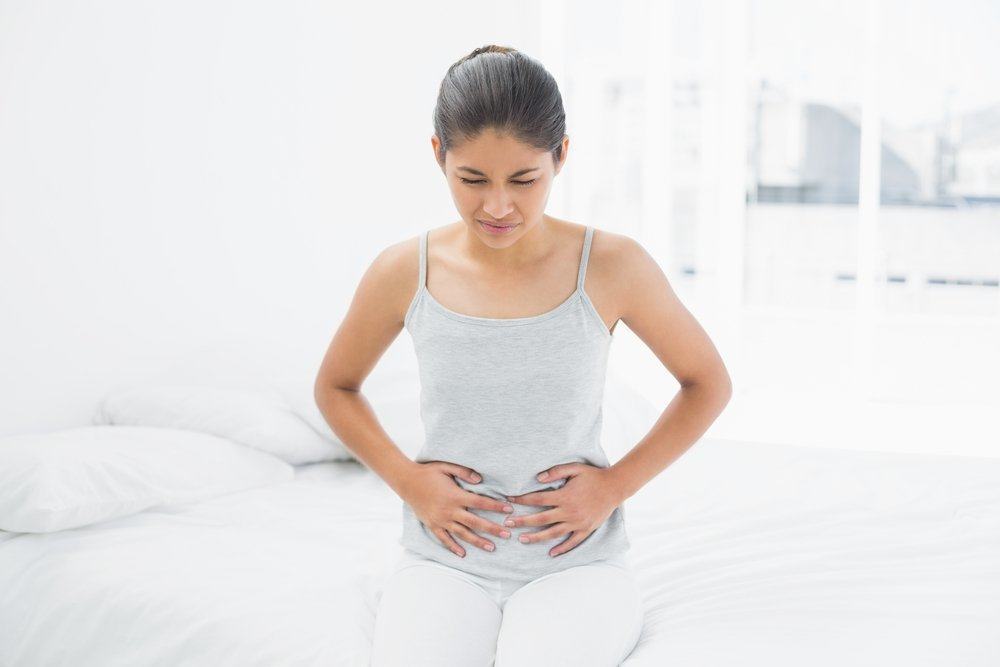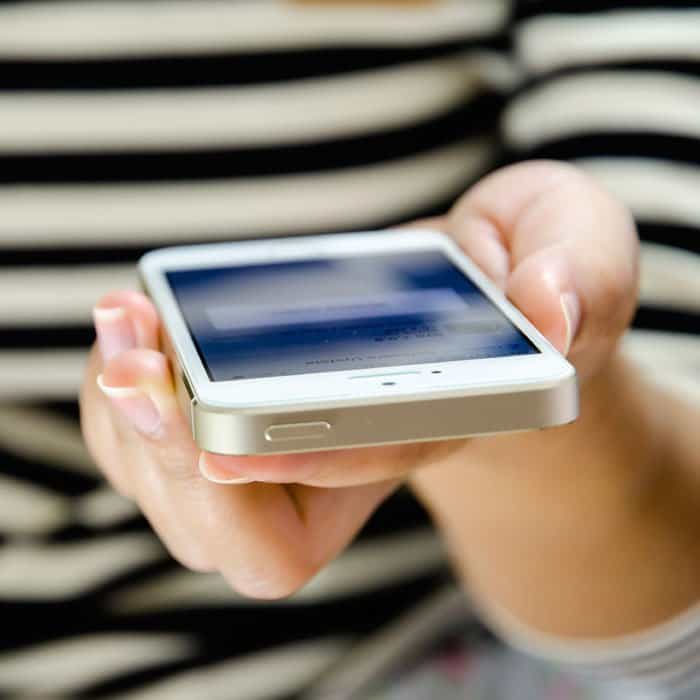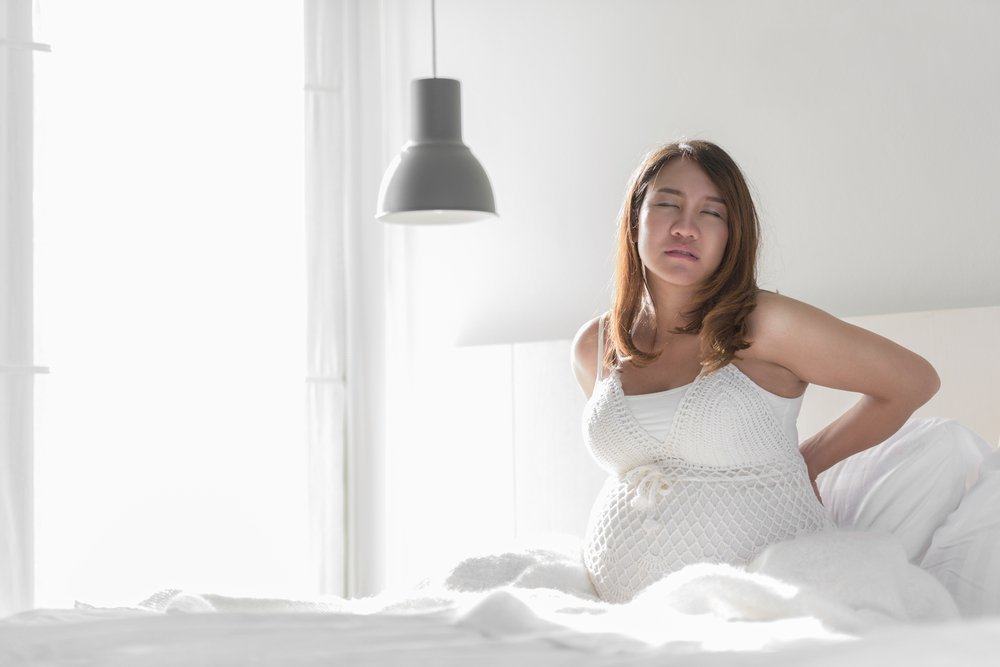Contents:
- Medical Video: Is Social Media Hurting Your Mental Health? | Bailey Parnell | TEDxRyersonU
- Bad impact of selfie on adolescent mental health
- 1. Too often selfie can lead to a negative self-image
- 2. Obsess can likesto not think long
- Parents need to monitor teenagers using social media
Medical Video: Is Social Media Hurting Your Mental Health? | Bailey Parnell | TEDxRyersonU
"Let's take a photo first!" Surely you often hear this word when visiting a place. I don't know atmall, tourist attractions, or places hang outyoung adult. Selfie, selfie, or taking self portraits is very attached to adolescents who grew up in the era of social media. Although it looks like a natural habit, too often selfieit could have a negative impact on adolescent mental health. How come? Consider the following review.
Bad impact of selfie on adolescent mental health
Social media is a place for most teenagers to express themselves, through words and photos. Among all types of social media, Instagram gets a lot of attention for teenagers. With Instragram, every teenager can upload the best photo shots and get them feedback, in the form of likes or comment.
On the positive side, Instagram can be a place for teens to show their talent to take pictures or hobbies to other people. In fact, it becomes a golden land for them to earn their own income.
But, you know, not all teenagers will get that positive effect. There are also those who are obsessed with results selfie so that it adversely affects adolescent mental health. Starting from the level of depression and anxiety, it increases, leading to some teenagers thinking of suicide (although the cases are rare).
1. Too often selfie can lead to a negative self-image
Every snapshot of a photo taken, not everything will be in line with expectations. They can spend a lot of time just choosing one photo to upload.
They will continue to take pictures and repeat them several times. Dissatisfaction arises whenangle photos that do not fit, the position of objects that are disproportionate, lighting that is not good, even dissatisfied with the appearance of his own face.
Long reported Healthline, a study published in The Journal of Early Adolescence showed that teens who upload lots of selfies tend to have a high awareness of their own appearance. However, this is also in line with increasing negative images on certain body shapes.
In addition, the 2015 news report from Common Sense also found that teenage girls were too often selfie tend to be easily anxious and worried. As many as 35 percent feel worried about their appearance with selfie who uploaded friends and 27 percent felt worried about the photos they uploaded themselves.
Then, as many as 22 percent of them feel themselves worse when their photos are ignored by others. This feeling of disappointment arises when they see how many people like and comment on the uploaded photos.
2. Obsess can likesto not think long
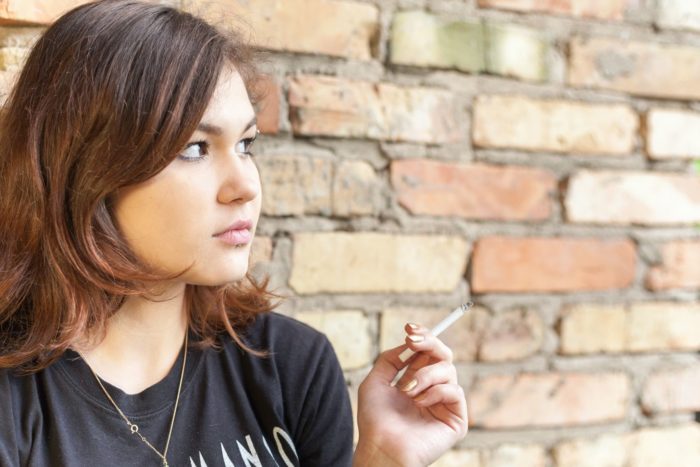
The development of adolescent brains is not fully perfect, they cannot make a good decision. This can lead them to the wrong choice. Feedback the unexpected from uploaded photos is not impossible to make teenagers look for ways to attract attention, for example deliberately damaging their reputation.
They upload photos or words that invite controversy, such as trying to smoke or mem-bully her friend. Although it will get attention, the emergence of negative comments can make teenagers become stressed in the end.
Parents need to monitor teenagers using social media
To control habits selfie children, certainly need the role of parents to oversee the use of social media. Parents need to give understanding to children to use social media wisely and positively.
Always give support and advice when teens feel they are inappropriate, not beautiful, or not smart. Of course, also limit cellphone use when children spend time with family and before bedtime.


